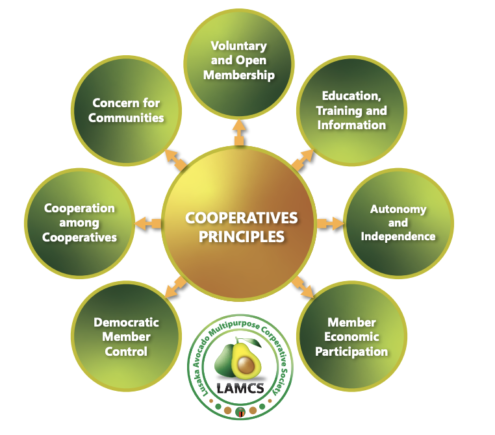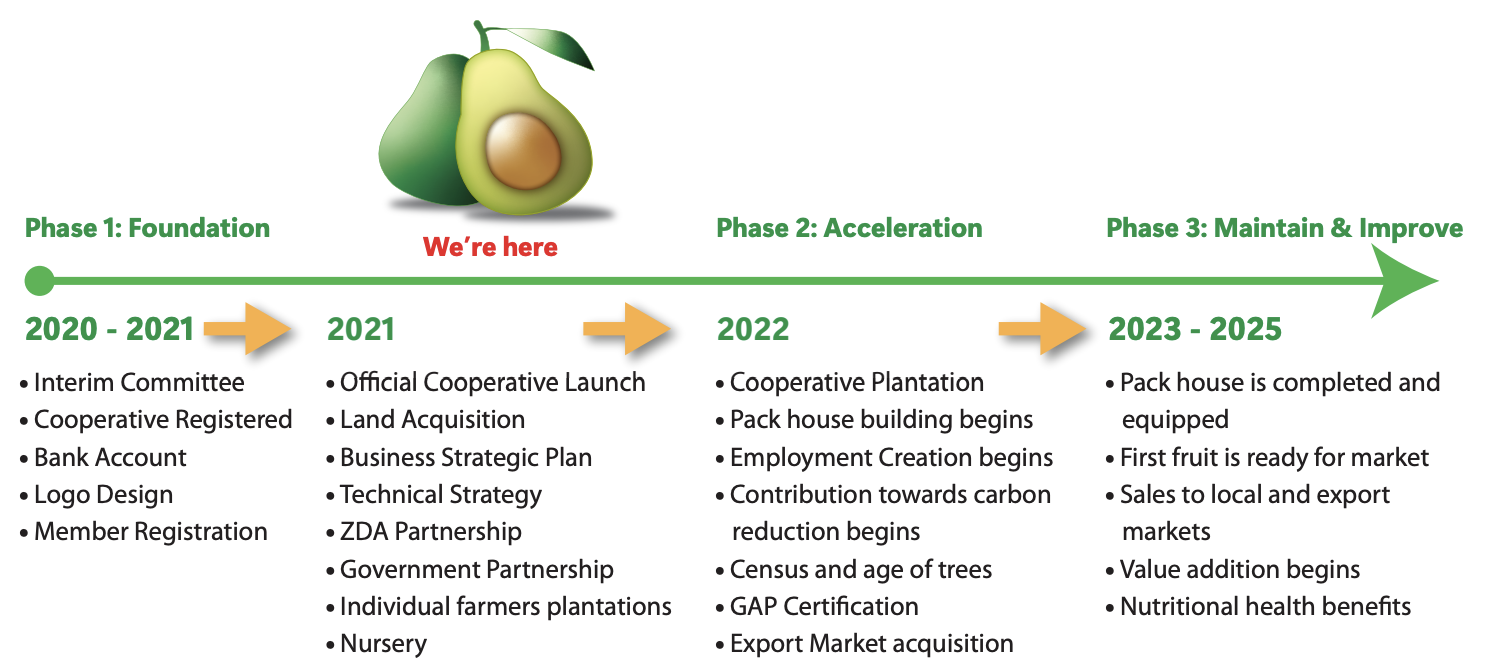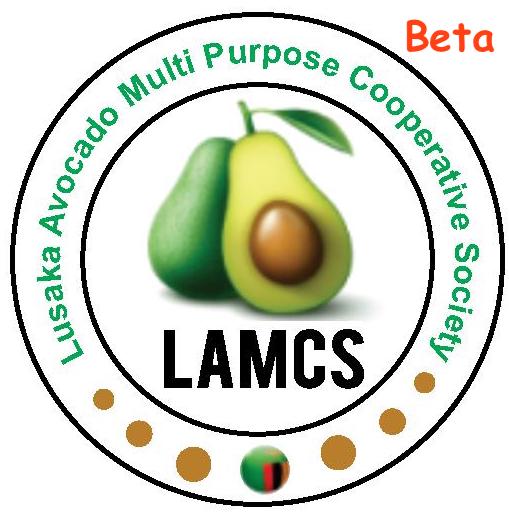A LITTLE ABOUT US
Commercializing an avocado industry from the ground up is a big deal.
We are up to the challenge.
THIS IS WHO WE ARE
The Lusaka Avocado Multi-Purpose Cooperative Limited (“LAMCS”) was registered in March 2021 with the Registrar of Cooperatives under the Ministry of Commerce, Trade, and Industry and is governed by the Co-operative Societies Act No. 20 of 1998.
LAMCS is an affiliate of the Avocado Cooperative Union of Zambia (ACUZ) whose main purpose is to promote, organize, develop and manage the commercial cultivation of avocados in Lusaka Province.
LAMCS is a voluntary membership cooperative constituting smallholder farmers and Small and Medium Scales Enterprises (SMEs) and large companies. The Cooperative is headed by a Board consisting of a structure that has a chairperson, a vice-chairperson, and 10 None Executive Board members as outlined.
The activities of the Cooperative are funded by its members through contributions. The Cooperative aims to improve the profitability and sustainability of growing Hass avocados and in so doing, contribute to the upscaling of avocado production in Zambia.
THIS IS WHAT WE DO
- Promote the Commercial cultivation of avocado in Lusaka Province
- Undertake value addition in the avocado Industry (oil, soap, hair pomades, food infused with avocado, etc)
- Support all members (farmers and growers) in their certification and maintenance of high standards in the production of premium quality avocados
- Contribute to the economic empowerment of the members of the Cooperative
- Bring value to rural communities by creating employment
- Contribute to the reduction of greenhouse gases through avocado orchards
- Contribute to the growth of the country’s GDP
- Raise the standard of living through out-grower schemes

WHERE WE ARE TODAY

THIS IS WHY WE DO IT
In the last decade, the structure of the Zambian economy has been changing with the agricultural growth rate declining significantly from positive 7.8% in 2011 to negative 31.9% in 2018 mainly due to the effects of climate change (MFL, 2019). With the advent of the COVID-19 pandemic, the country has become increasingly vulnerable to supply chain disruptions since it remains highly dependent on imports (MOF; MNDP, 2019). For the first time since 1998, the Zambian economy contracted and went into an economic recession.
We are doing our part to wards the Government of Zambia’s Economic Recovery Plan 2020 – 2023 to reinvigorate growth, reduce poverty and inequality, and attain sustainable economic development.
- Reinvigorate economic growth
- Reduce poverty and inequality
- Attain sustainable economic development
